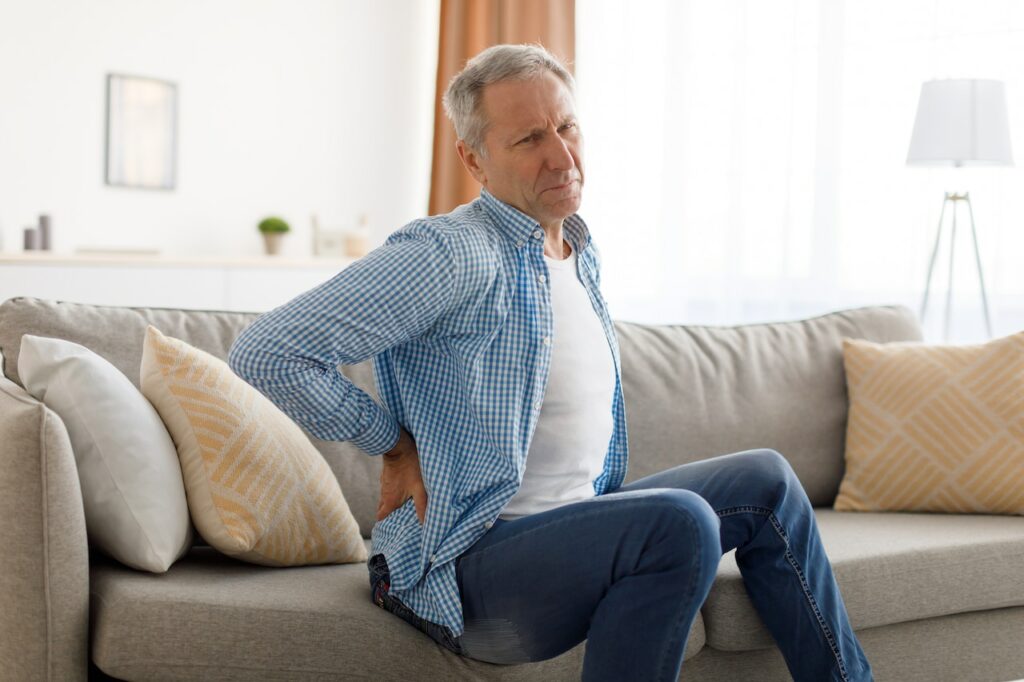On average, about 11% of males and 6% of females across the US will develop kidney stones at least one time in their lives. These painful mineral deposits can cause a lot of pain and discomfort for individuals who have them. They can typically affect any section of the urinary tract, stemming from your kidneys themselves to your bladder.
Here’s what you need to know about kidney stones including what they are, how they are formed, and ways to help prevent them.
What Are Kidney Stones?
Kidney stones are small, hard deposits made up of minerals that form in the kidneys. These deposits can cause significant pain as they move through the urinary tract to be passed through the bladder. They’re typically caused by a build-up of minerals that crystallize in the urine.
Although the stones can be painful as they travel through the urinary tract, they usually won’t cause any long-term damage or health concerns if they are analyzed promptly. If they are small enough to pass through without getting stuck in the tract, they won’t require any additional treatment or surgery to prevent complications.
How Are Stones Formed in the Kidneys?
The most common cause of these mineral deposits is a lack of water. When there isn’t enough water in your body to dilute the minerals, they become concentrated and more likely to crystallize. Other risk factors include:
- A diet high in protein, sodium, and sugar
- Family history of kidney stone problems
- Certain medical conditions like Gout or Crohn’s disease
- Particular medications or supplements
It’s important to be aware of the contributing factors leading to kidney stone formation so that you can effectively plan your diet and exercise regimen.
How to Reduce the Likelihood of Developing Stones in Your Kidneys
The best way to reduce your risk of developing mineral stones in your kidneys is to implement healthy habits. Drinking plenty of water and eating a healthy diet low in processed foods and high in fiber are great ways of doing your part to prevent mineral build-up in your kidneys.
You can take steps to maintain a healthy weight and exercise regularly to contribute to kidney health and stone prevention. If you have a family history of kidney stones, it’s especially critical to be conscious of your diet and fluid intake, and consult with a kidney professional about ways to further reduce your risk.
Texas Kidney Institute is Here to Help
If you are experiencing pain in your lower back or abdomen, nausea, vomiting, or bloody urine, these could all be signs that you have developed these stones. In this case, it’s best to seek medical attention so that the stones can be analyzed and a course of treatment can be recommended. Contact us today to see how we can help provide relief.

